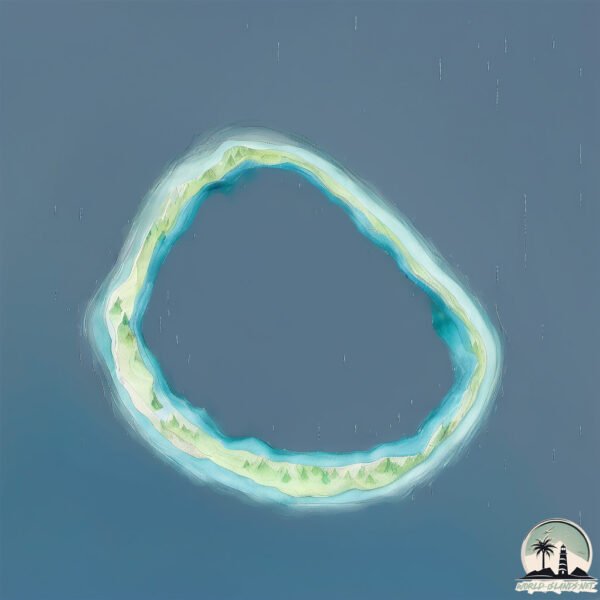Ahunui

Welcome to Ahunui, a Tropical island in the South Pacific Ocean, part of the majestic Pacific Ocean. This guide offers a comprehensive overview of what makes Ahunui unique – from its geography and climate to its population, infrastructure, and beyond. Dive into the details:
- Geography and Size: Explore the island’s size and location.
- Climate and Weather: Weather patterns and temperature.
- Topography and Nature: Uncover the natural wonders of the island.
- Infrastructure and Travelling: Insights on reaching, staying, and making the most of your visit.
- News and Headlines: Latest News.
Geography and size of Ahunui
Size: 6.619 km²
Coastline: 37.1 km
Ocean: Pacific Ocean
Sea: South Pacific Ocean
Continent: Oceania
Ahunui is a Small Island spanning 6.6 km² with a coastline of 37.1 km.
Archipel: Tuamotus – A group of atolls in French Polynesia, known for their stunning coral reefs, lagoons, and as a popular diving destination.
Tectonic Plate: Australia – A major tectonic plate covering Australia, New Zealand, and parts of the Indian and Pacific Oceans, known for its relative stability and occasional seismic activity.
The geographic heart of the island is pinpointed at these coordinates:
Latitude: -19.63502388 / Longitude: -140.41207332
Climate and weather of Ahunui
Climate Zone: Tropical
Climate Details: Tropical Rainforest Climate
Temperature: Hot
Climate Characteristics: This climate is typified by heavy rainfall throughout the year, high humidity, and consistently high temperatures, leading to lush rainforests and rich biodiversity. Seasonal temperature variations are minimal.
Topography and nature of Ahunui
Timezone: UTC-10:00
Timezone places: Pacific/Honolulu
Max. Elevation: 3 m
Mean Elevation: -5 m
Vegetation: Rocky Terrain
Tree Coverage: 95%
The mean elevation is -5 m. The highest elevation on the island reaches approximately 3 meters above sea level. The island is characterized by Plains: Flat, low-lying lands characterized by a maximum elevation of up to 200 meters. On islands, plains are typically coastal lowlands or central flat areas.
Dominating Vegetation: Rocky Terrain
Landscapes dominated by gravel, rock, and stone, with little to no vegetation. These areas are often found in mountainous regions or deserts. Ahunui has a tree cover of 95 %.
Vegetation: 5 vegetation zones – Highly Diverse Island
With five different vegetation zones, these islands offer a rich tapestry of ecosystems. The variety could include dense forests, open meadows, wetlands, coastal zones, and more. This level of diversity supports an intricate web of life, with each zone playing a vital role in the overall ecological health and balance of the island.
Infrastructure and Travelling to Ahunui
Does the island have a public airport? no.
There is no public and scheduled airport on Ahunui. The nearest airport is Hao Airport, located 180 km away.
Does the island have a major port? no.
There are no major ports on Ahunui. The closest major port is PORT RIKITEA, approximately 715 km away.
The mean population of Ahunui is 11 per km². Ahunui is Gently Populated. The island belongs to France.
Continuing your journey, Tematangi is the next notable island, situated merely km away.
Ninzkyp] - Ahunui Island - ⌬ UT99 ⌬ ⦗2025.10.31⦘
![Ninzkyp] - Ahunui Island - ⌬ UT99 ⌬ ⦗2025.10.31⦘](https://i.ytimg.com/vi/WSHxqEqFQIc/mqdefault.jpg)


France is classified as Developed region: G7: Group of Seven – Major advanced economies, including Canada, France, Germany, Italy, Japan, the United Kingdom, and the United States. The level of income is High income: OECD.
News – Latest Updates and Headlines from Ahunui
Stay informed with the most recent news and important headlines from Ahunui. Here’s a roundup of the latest developments.
Please note: The data used here has been primarily extracted from satellite readings. Deviations from exact values may occur, particularly regarding the height of elevations and population density. Land area and coastline measurements refer to average values at mean high tide.
